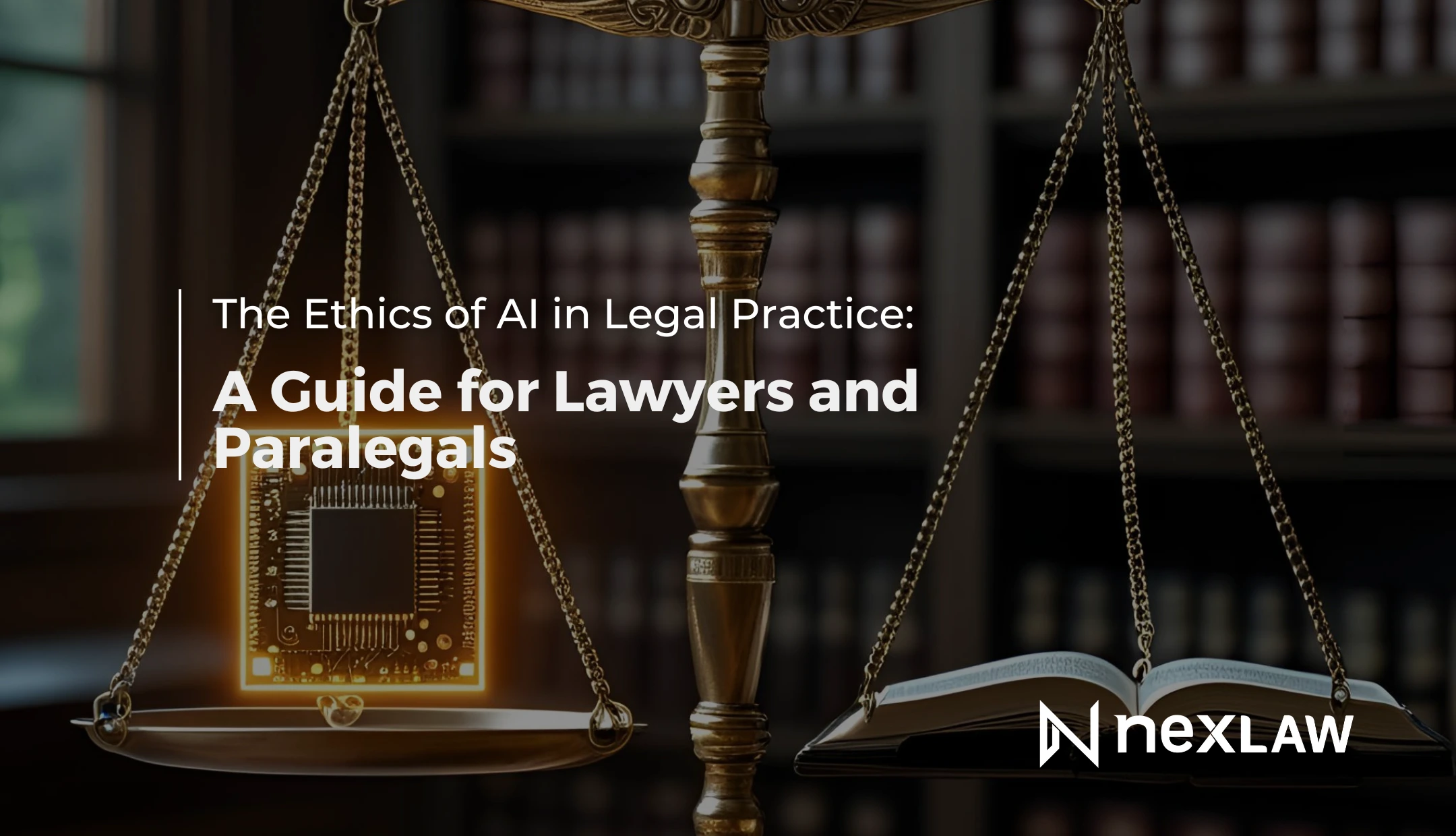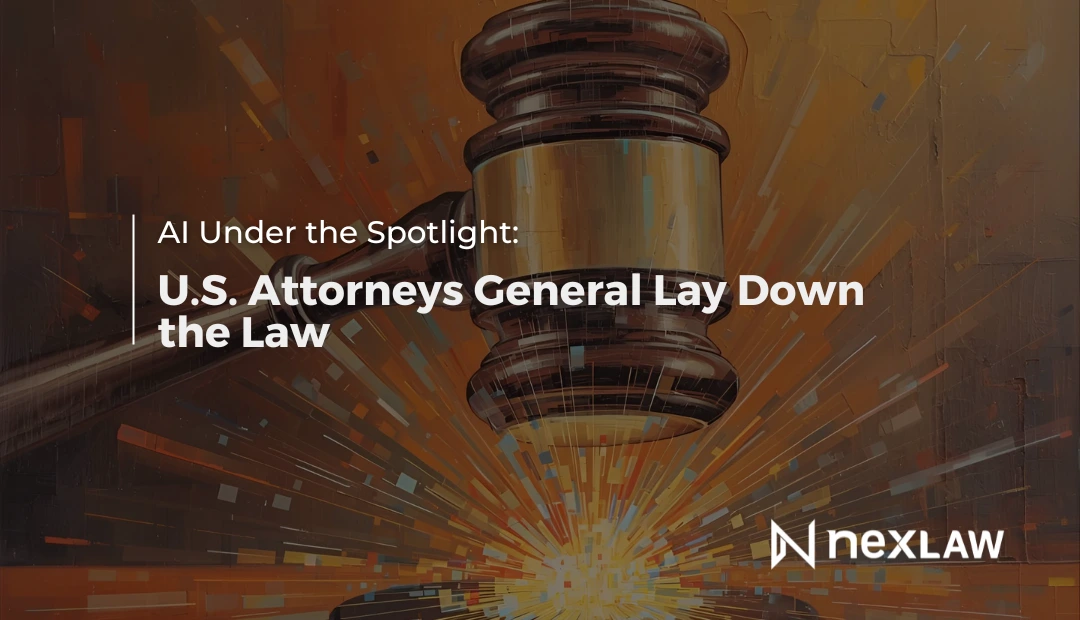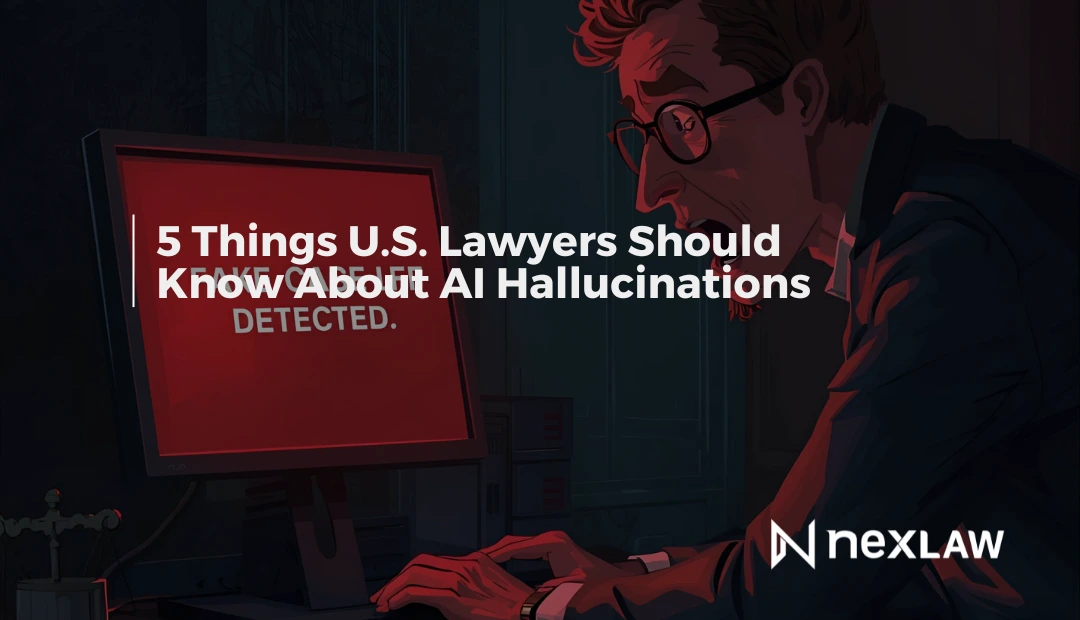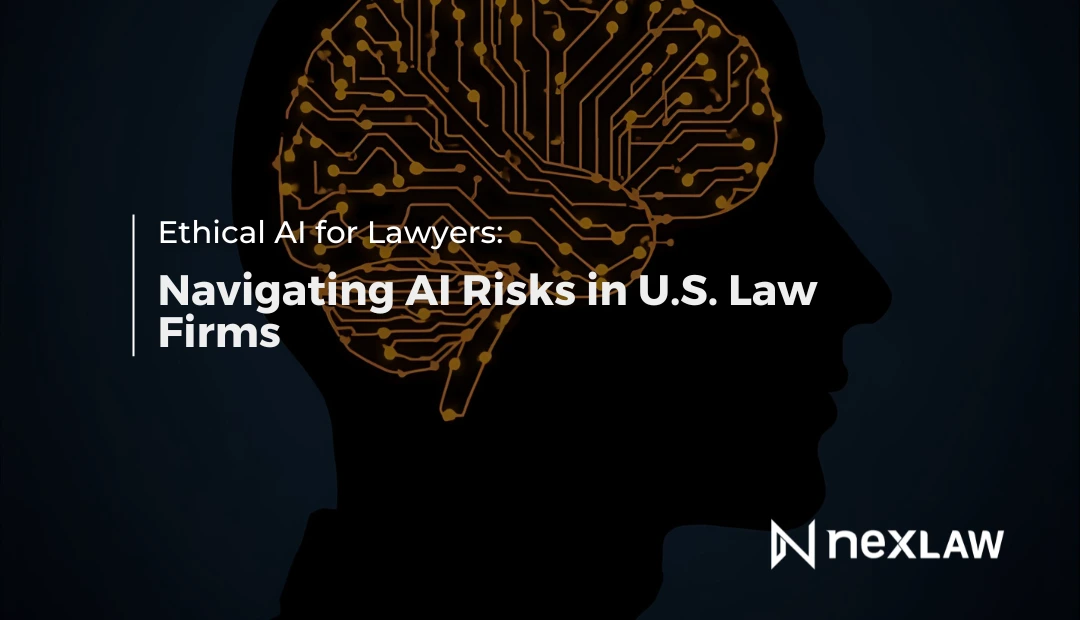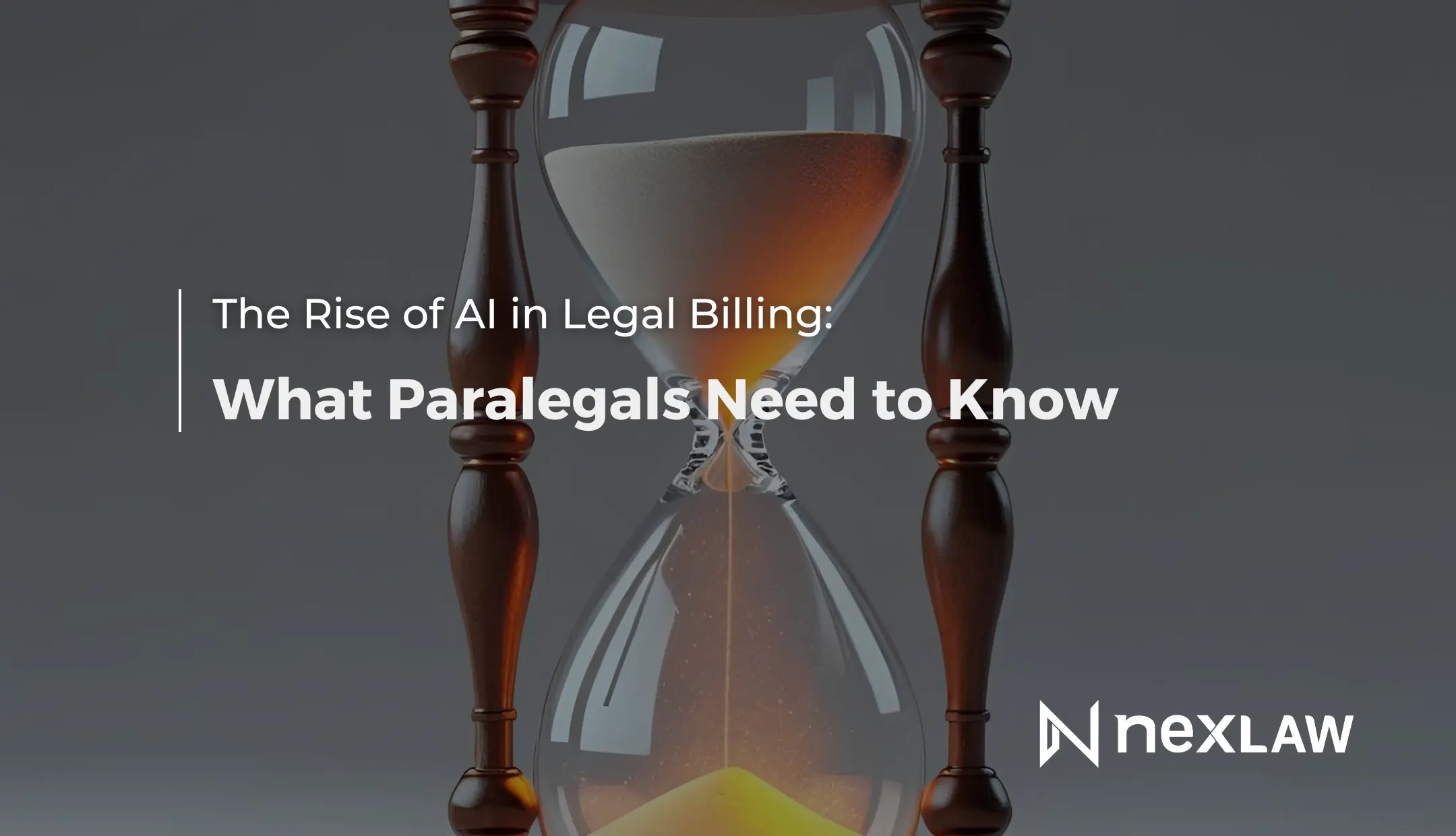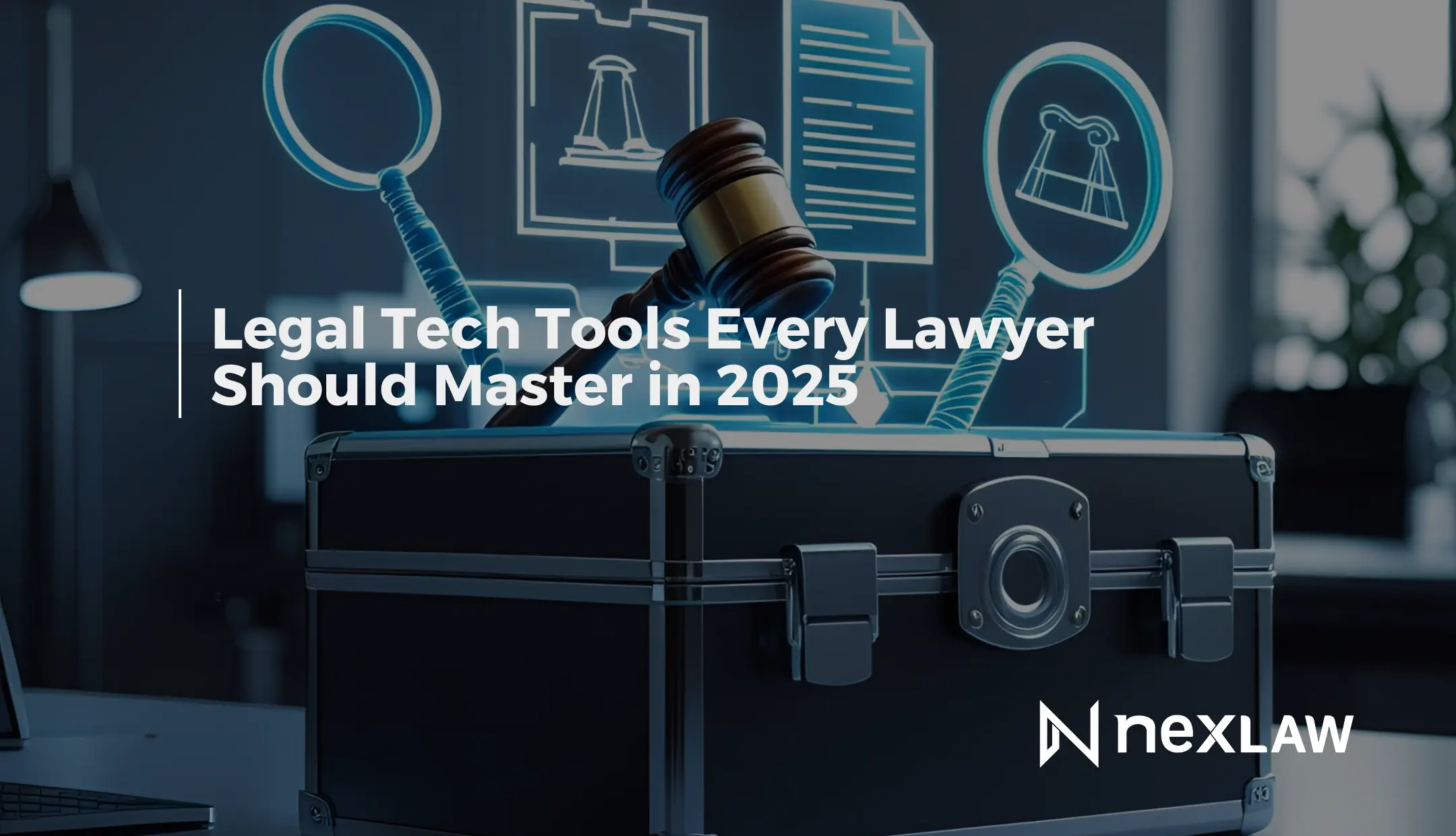The Ethics of AI in Legal Practice: A Guide for Lawyers and Paralegals
Why Ethics in Legal AI Matters More Than Ever
As artificial intelligence becomes a core part of modern legal workflows, ethical considerations are no longer optional. Whether it’s AI-generated legal research, automated contract analysis, or predictive litigation tools, the integration of machine learning in legal practice raises questions about fairness, transparency, accountability, and data privacy.
Unlock Legal Insights Instantly!
Lawyers and paralegals are uniquely responsible for upholding professional and ethical standards in all areas of practice. With AI, these duties extend to how tools are selected, deployed, and understood.
Key Ethical Challenges in AI-Driven Legal Practice
-
Bias and Discrimination
AI tools trained on historical case data or biased legal documents may inadvertently reinforce existing inequities. Lawyers must understand whether the algorithms they use were trained with representative, balanced datasets. If not, they risk perpetuating systemic biases in legal outcomes.
For instance, a 2024 analysis by the Legal AI Transparency Project revealed that several legal tech providers failed to disclose their training sources, increasing the risk of built-in discriminatory patterns. Legal professionals must advocate for and select transparent tools to ensure ethical compliance.
-
Lack of Transparency
Many AI systems operate as “black boxes,” offering conclusions or suggestions without explainable reasoning. This opacity can challenge the legal obligation to provide reasoned justifications for advice or decisions. Lawyers should prefer tools that offer audit trails or transparency about how outputs were derived.
Inaccurate or unexplained AI decisions can cause issues in court filings or negotiations. A key part of ethical usage is being able to explain and defend the logic behind a recommendation or document prepared by an AI tool.
-
Accountability and Delegation
Who is responsible when an AI system makes an error? Even if AI suggests a legal strategy, ultimate responsibility lies with the attorney. Delegating key aspects of legal judgment to software without oversight can breach ethical duties to clients and the court.
Courts have begun emphasizing this point. In 2025, the Arizona State Bar warned law firms against over-reliance on generative legal tools, stating that attorneys must always verify AI-generated content before use.
-
Data Privacy and Confidentiality
Legal AI tools often require access to sensitive or privileged information. Ensuring data protection, encryption, and proper access control is essential. Any lapse could violate attorney-client confidentiality or regulatory requirements.
With regulations like the California Consumer Privacy Act (CCPA) and the American Bar Association’s Rule 1.6 on confidentiality, attorneys must verify how vendors store, transmit, and secure legal data.
Bar Association Guidance and Compliance Frameworks
State bar associations and national entities like the American Bar Association (ABA) are beginning to publish guidelines for the ethical use of AI. For example:
- ABA Resolution 112 (2020) encouraged legal professionals to develop competence in AI and apply ethical principles to its use.
- California State Bar Task Force on Access Through Innovation released a framework urging transparency, human oversight, and fairness.
- New York State Bar 2024 Tech Ethics Memo outlined a three-step protocol for ethical AI adoption: vetting, testing, and monitoring.
Firms using AI should stay current with evolving ethical opinions and integrate those standards into both training and policy.
Building Ethical Literacy in the Legal Profession
To use AI responsibly, legal professionals must first understand its limits. This involves:
- Asking vendors about training datasets, data retention policies, and algorithmic fairness
- Participating in CLE programs that address AI tools and their ethical implications
- Encouraging firm-wide discussions and creating ethical review protocols for new technologies
- Documenting all AI use in case of future dispute or audit
By establishing an ethics-first culture, firms reduce liability while increasing client trust.
Responsible AI Use in Everyday Legal Work
Even small decisions, like how a research assistant tool is used, carry ethical weight. For example:
- Over-relying on AI summaries without checking citations may result in inaccurate or misleading arguments
- Allowing AI to auto-fill clauses in a contract without attorney review can introduce unintended legal consequences
- Using AI to draft client emails without reviewing tone and content may harm professional relationships
Ethical use means ensuring AI complements, not replaces, legal judgment. Tools must be treated as assistants—not authorities.
How NexLaw Supports Ethical Legal AI Adoption
At NexLaw, we understand that AI’s power must be matched by responsibility. That’s why our tools are designed with ethical safeguards and transparency in mind:
- NeXa, our intelligent research assistant, cites every source it references and allows users to trace reasoning paths. It supports attorneys in making informed decisions, not opaque ones.
- TrialPrep gives attorneys full control over issue tagging, narrative construction, and evidence use—no automatic decisions are made without user input. It helps litigators track arguments without compromising professional responsibility.
- ChronoVault 2.0, now seamlessly integrated with both NeXa and TrialPrep, ensures that from document storage to courtroom prep, users retain transparency, control, and context throughout the process. It enables lawyers to upload files, analyze content, conduct research, and prepare trial documents in one workflow without switching platforms or losing control.
Each of these platforms is built to support—not override—human legal reasoning, helping lawyers work efficiently while maintaining professional integrity.
What Clients Expect from Ethical AI Use
Clients are becoming more aware of the tools law firms use. In 2025, a Thomson Reuters Legal Trends report found that 62% of clients want law firms to use AI, but only if their data is protected and outcomes are fair.
This underscores the importance of ethical standards not just for compliance but also for business. Firms that adopt AI ethically build long-term trust and stand out in a competitive legal market.
Navigating the Ethical Frontier of Legal AI
As legal AI continues to evolve, so too must our approach to ethics. Responsible adoption demands ongoing education, critical oversight, and a commitment to using technology in support of, not as a substitute for, sound professional judgment.
Tools like ChronoVault 2.0, NeXa, and TrialPrep are designed with these principles in mind, helping legal professionals work more efficiently while upholding the standards of ethical practice.
Start your free NexLaw trial to explore how responsibly developed AI can enhance your workflow without compromising the integrity of your practice.
Use promo code: ANNIV15MONTHLY or ANNIV15ANNUALY for 15% off annual plans Offer valid through August 31, 2025.
